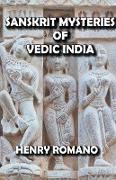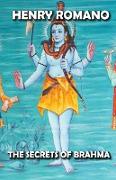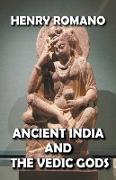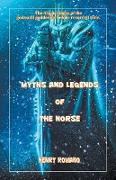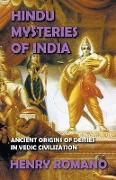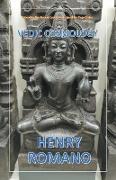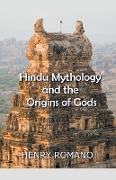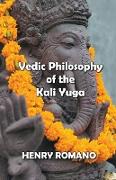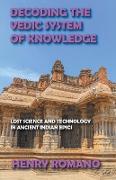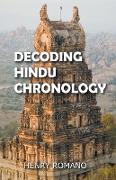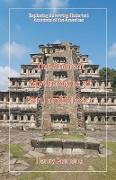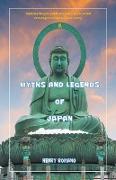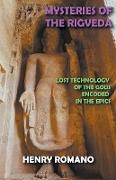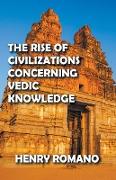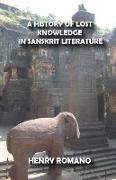Vedic Cosmos
Romano, Henry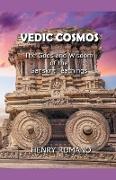
In his dancing position, Shiva is known as Nataraja, the King of dancers, and is one of the most beautiful forms of Lord Shiva. The upper right hand of Shiva, as Nataraja, holds the damaru drum. It shows nothing, but it represents universal development. Meanwhile, the lower right-hand holds a flame of destruction. There are many stories about Shiva's appearance. There is a third eye between Lord Shiva's eyebrows on his forehead as an example. ...

